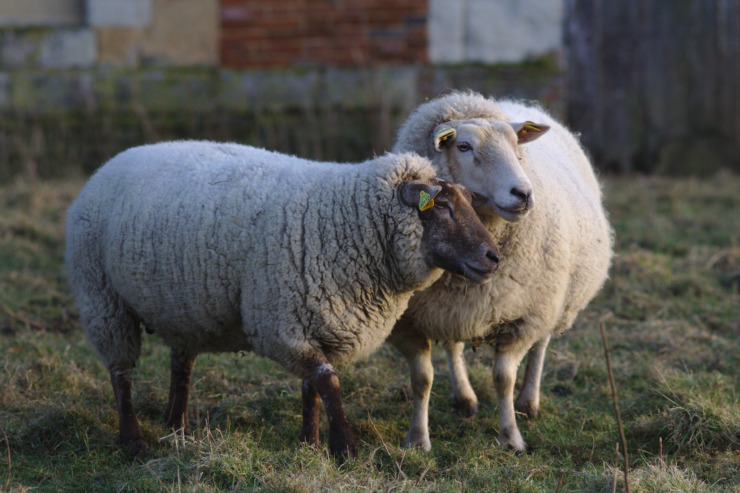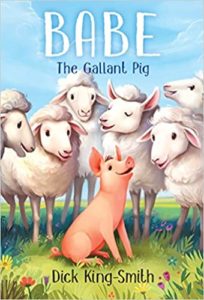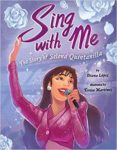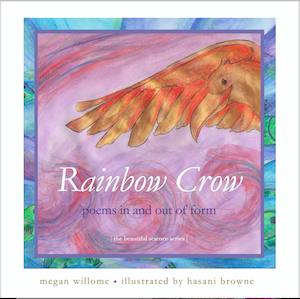Babe: Some Other Pig
Shhh…I have been cheating on my favorite literary pig, Wilbur—with Babe! As much as I adore the story of Charlotte’s Web, I do find Wilbur—forgive me—a bit annoying. He is the recipient of Fern’s love and Charlotte’s, and he is the admiration of greater small-town Maine, and he is also prone to fits of despair. But there is another pig of middle-grade novel fame who is worthy of praise, and not mine alone but also the praise of farmers and judges and spectators and a collie named Fly and many, many sheep.
Who is the cause of this celebration? Babe, The Gallant Pig. The one and only sheep-pig.
Author Dick King-Smith wrote Babe in 1983, and the book was made into a movie in 1995. King-Smith hails from Gloucestershire, and the story is thoroughly English. Reading it was like being back in the countryside of James Herriot’s stories, except that in this one we can hear the animals talk.
Like the sheep in Charlotte’s Web, Babe’s sheep sound like we think sheep ought to sound, with an emphasis on the a-sound, so the word “came” becomes “ca-a-a-a-ame,” and the word “market” becomes “ma-a-a-a-arket.” The only word that doesn’t sound like a baa is the word “wolf,” their word for dog. Fly, the sheepdog who guards them, is wolf. The sheep think she’s rude, and she is rude. She believes all sheep are stupid.
Babe, a newcomer to Farmer Hogget’s spread, considers Fly his foster mother and strives to follow her in sheepherding skill. But Babe does not share Fly’s prejudice against sheep. He is born with the manners of a country gentleman.
When Fly herds the sheep, she says something like this: “Move, fools! Down the hill. If you know which way ‘down’ is.”
But Babe treats the sheep with kindness:
Good morning! I do hope I find you all well, and not too distressed by yesterday’s experience? […] If I might ask a great favor of you, could you all please be kind enough to walk down to that gate where the farmer is standing, and to go through it? Take your time, please, there’s absolutely no rush.”
This gallant pig uses quite a lot of words. Farmer Hogget, on the other hand, uses very few. He reminds me of my grandfather, who was also a farmer. So when Farmer Hoggett says, “Good pig” or “That’ll do,” you pay attention. Perhaps he has a touch of the poet in him.
Shepherding suited Farmer Hogget—there was no waste of words in it.”
What if we stopped wasting words? What if we ceased speaking to each other in a way that is so “ugly,” as my grandmother would say? We think we can’t change. We also think a pig can’t herd sheep.
In the end it is Fly who is the key to Babe’s success at the Grand Challenge Sheepdog Trials, an actual competition held annually in England. She is the one to whom Farmer Hogget’s sheep entrust the sheep “pa-a-a-assword,” a little poem passed from ewe to lamb to ensure all sheep know who to trust. After Babe has proved himself not only to be a fine gentleman but also a fierce protector of his flock, Fly entrusts him with the precious password:
I maybe ewe, I may be ram,
I may be mutton, may be lamb,
But on the hoof or on the hook,
I bain’t so stupid as I look.
On this fine spring day, when both Babe and Wilbur have proved their worth and are enjoying warm, sunny spots on their respective farms, I’d like to introduce them to one another. They could trade sheep stories for spider stories, county fair exploits for national championships. They might discuss the prejudice they’ve felt as swine, and marvel at how all it took to be granted immortality was one author, willing to listen.
Next Month’s Selection
On Friday, June 10, we’ll delve into the picture book biography, with Sing With Me: The Story of Selena Quintanilla by Diana López and illustrated by Teresa Martinez. Come Bidi Bidi Bom Bom with us!
Photo by Jannis, Creative Commons, via Flickr. Post by Megan Willome.
Browse more Children’s Book Club
“Megan Willome has captured the essence of crow in this delightful children’s collection. Not only do the poems introduce the reader to the unusual habits and nature of this bird, but also different forms of poetry as well.”
—Michelle Ortega, poet and children’s speech pathologist
- Perspective: The Two, The Only: Calvin and Hobbes - December 16, 2022
- Children’s Book Club: A Very Haunted Christmas - December 9, 2022
- By Heart: ‘The night is darkening round me’ by Emily Brontë - December 2, 2022




Laura Lynn Brown says
This has me fondly remembering the movie, with the perfectly cast James Cromwell as Farmer Hoggott.
And you have me thinking about kindness as a measure for economy of words.
Megan Willome says
Yes, kindness as the anti-rant.
I never saw the movie, but yes, that is perfect casting.